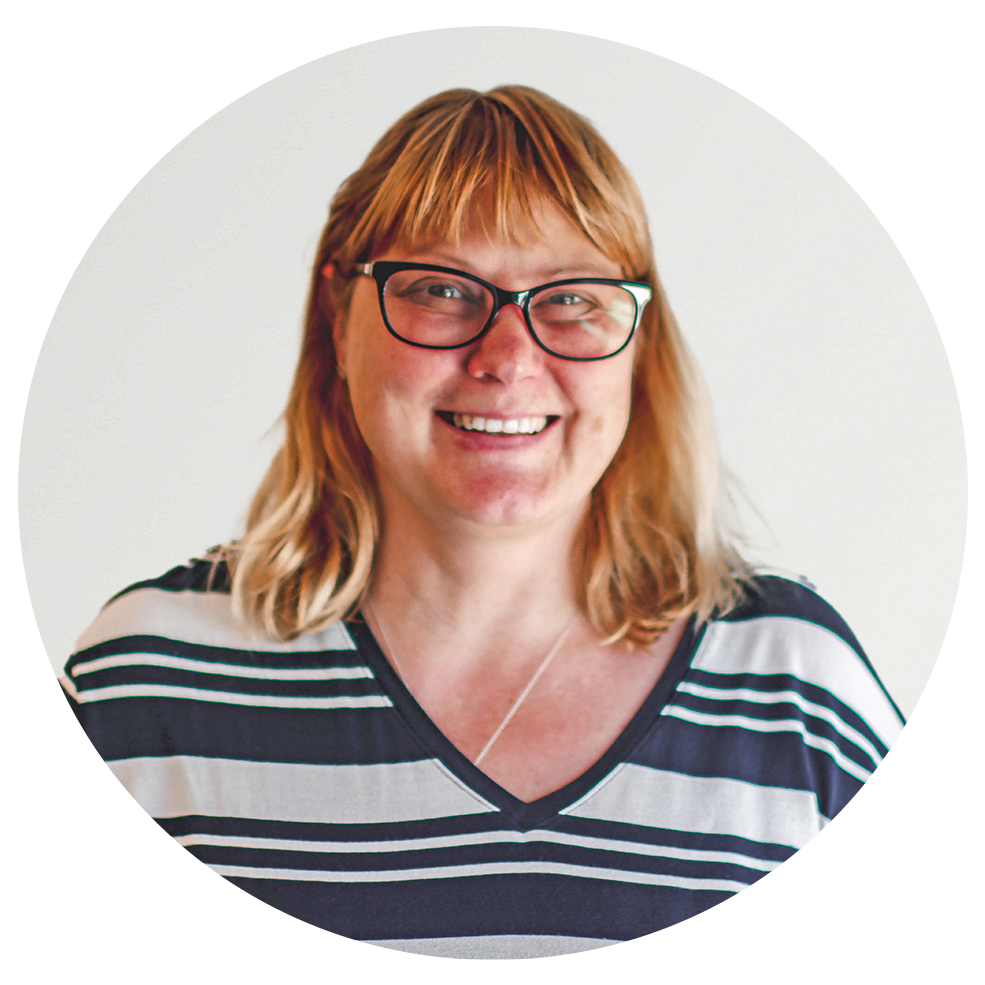Optimising posture and positioning to support safe swallowing: a multidisciplinary approach
This session will be delivered jointly by SLT and OT. In this session we will explore the optimum positioning for swallowing and then investigate interventions on how to manage when a person is unable to achieve this optimum position.
Learning Outcomes
- Understand the impact of optimal positioning on swallow function to support eating and drinking and why recommendations around positioning are so important
- Understand the ideal position & posture for people to adopt for swallowing and when / why recommendations might deviate from that
- Have an awareness of what may make this more important for people when they have difficulty swallowing
- Have an awareness of situations which may lead people to be unable to achieve the ideal position and posture
- Consider risk assessments and interventions required for people who have swallowing and postural difficulties
Meet our Experts

Jennifer Benson is an independent Speech and Language Therapist with over 25 years experience across both NHS and private practice. She works with people with a wide variety of neurological difficulties, with particular specialisms in both MND and acquired brain injury. She is Clinical Adviser for the Royal College of Speech and Language Therapists, and sits on the expert core of the MND Community of Practice. She contributes to many project groups in both fields, alongside a busy private practice. Jennifer particularly enjoys and values MDT working and problem solving in complex cases.

Jenny is a senior occupational therapist. She qualified in 1997 and completed her MSc in Neuro-rehabilitation in 2007. She has worked in Neurological Rehabilitation at the Battle Hospital in Reading, and the Rivermead Rehabilitation Centre in Oxford which became part of the Oxford Centre for Enablement in 2000. She moved into the Specialist Disability Service at the OCE from where she joined the Oxford MND Centre in January 2007.
Since August 2009 Jenny has been funded full-time by the Motor Neurone Disease (MND) Association to develop NHS wheelchair services across the UK, to improve wheelchair provision for people living with MND.
People who watched this also watched...
Care Act, equipment and adaptations provision and integrated working
This two part webinar outlines key duties in the Care Act relevant to assessment and provision of equipment and home adaptations, as well as key legal principles applied by the courts when analysing local authority policies and individual decisions.
The role of seating in addressing posterior pain
In this session we will explore the fundamentals of reported pain, how it can present, how it can impact function and how often a chair is seen as the solution.
This session is aimed at providing therapists the opportunity to think around this common issue and enable them to ask investigatory questions to help adjust seating as required.
Fatigue Management for Occupational Therapists
In this 2-part webinar, participants will gain insight into the role of Occupational Therapy (OT) in managing fatigue.


